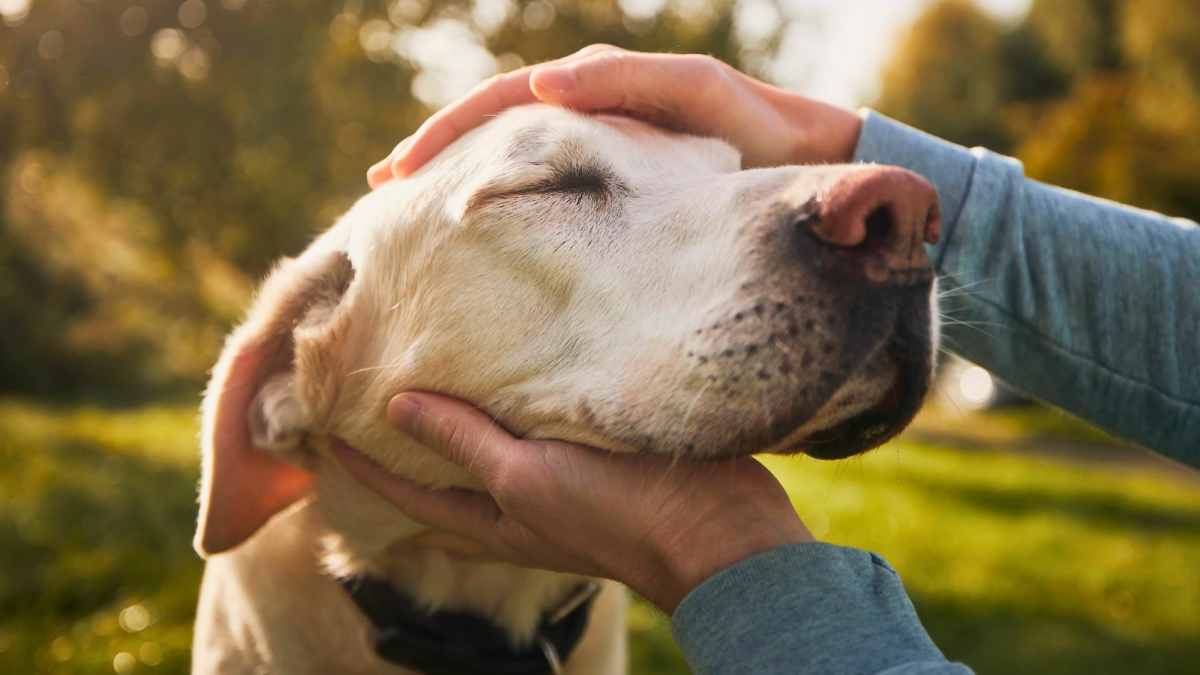Why More People Are Choosing Rescue Animals
The decision to bring a pet into one’s life is deeply personal and profoundly impactful. As more individuals and families seek companionship, the choice of adopting rescue animals has surged dramatically. This trend reflects a growing awareness of the ethical, practical, and emotional benefits of providing a second chance to animals in need. 
But why exactly are so many people choosing rescue animals over traditional breeders or pet stores? Let’s explore the compelling reasons behind this transformative movement.
The Ethics of Adoption
The ethical appeal of adopting rescue animals cannot be overstated. At its core, adoption is about saving lives and combating systemic issues in animal welfare.
Overpopulation in Shelters
Animal shelters across the globe face an overwhelming influx of stray and abandoned pets. According to the ASPCA, approximately 6.3 million companion animals enter shelters annually in the U.S. alone. Adopting a rescue animal helps alleviate this burden, directly contributing to reducing euthanasia rates.
Combating Puppy Mills
By choosing adoption over purchasing from breeders, adopters actively undermine unethical breeding practices. Puppy mills prioritize profit over animal welfare, often subjecting animals to inhumane conditions. Supporting shelters sends a strong message against these exploitative operations.
A Moral Responsibility
Many adopters feel a deep sense of fulfillment knowing they’ve provided a deserving animal with a second chance. The act of rescuing aligns with a broader societal push toward compassion and sustainability, resonating with individuals seeking to make a positive impact.
The Practical Benefits of Rescue Animals
Adopting rescue animals often proves to be a practical choice, offering significant advantages in cost, convenience, and customization.
Lower Adoption Costs
Purchasing pets from breeders can be prohibitively expensive, often costing thousands of dollars. In contrast, adoption fees at shelters are significantly lower and typically include spaying/neutering, vaccinations, and microchipping. This affordability allows families from diverse financial backgrounds to enjoy pet ownership.
Pre-Trained Companions
Many rescue animals come with basic training, making the transition into a new home smoother. Some older pets are already house-trained and familiar with commands, reducing the effort and time required to teach them.
Variety and Availability
Shelters house animals of all breeds, sizes, and temperaments. This diversity allows adopters to find a pet that matches their lifestyle, whether they’re seeking a high-energy dog for outdoor adventures or a calm cat for quiet companionship.
The Emotional Rewards of Rescue
The bond between a rescuer and their pet is often profoundly rewarding. Rescue animals bring unique stories and resilience, creating a relationship built on gratitude and mutual love.
Unconditional Love and Loyalty
Many adopters report that rescue animals display extraordinary affection and loyalty. Perhaps due to their difficult pasts, these animals seem to recognize the kindness of their new families, forming deep emotional connections.
Improved Mental Health
Numerous studies highlight the mental health benefits of pet ownership. Rescue animals, in particular, can provide comfort, reduce stress, and combat feelings of loneliness. The act of rescuing can also instill a sense of purpose and accomplishment in adopters.
A Unique Companion
Every rescue animal has a distinct personality and history. These quirks make the bond even more special, as adopters often feel they’re giving their pet a new lease on life.
The Role of Education and Advocacy
The rising popularity of rescue animals is also driven by increased awareness, thanks to advocacy campaigns, social media, and community education.
High-Profile Advocacy
Celebrities and influencers have played a significant role in promoting pet adoption. Figures like Ellen DeGeneres and Miley Cyrus frequently advocate for rescue animals, normalizing the practice and inspiring their followers.
Social Media’s Impact
Platforms like Instagram and TikTok have transformed how shelters showcase adoptable pets. Heartwarming success stories and adorable videos of rescued animals reach millions, encouraging others to consider adoption.
Community Initiatives
Local shelters and animal welfare organizations actively engage in educational outreach, organizing events like adoption fairs and fostering programs. These efforts build a culture of compassion and responsibility within communities.
Key Takeaways for Potential Adopters
For those considering pet ownership, adopting a rescue animal is a choice laden with benefits. To ensure a smooth transition, potential adopters should:
- Research shelters in their area and visit to meet available animals.
- Evaluate their lifestyle and living situation to choose a pet that fits.
- Prepare their home for the new arrival, including purchasing necessary supplies and pet-proofing where needed.
- Be patient and compassionate as the pet adjusts to its new environment.
By adopting, individuals not only gain a loyal companion but also contribute to a broader movement aimed at improving animal welfare globally.
Conclusion
The shift toward adopting rescue animals reflects a powerful societal change. It’s not just about finding a pet it’s about making a difference, both for the animal and for the adopter. By choosing to rescue, individuals play a crucial role in shaping a kinder, more compassionate world.
References
- ASPCA Statistics on Pet Homelessness
- Humane Society on Puppy Mills
- Mental Health Benefits of Pet Ownership
- American Veterinary Medical Association on Shelter Trends
- Petfinder’s Adoption Guide
- RSPCA on Pet Overpopulation
- National Animal Care & Control Association
- Celebrity Advocacy for Rescue Animals
- TikTok’s Role in Animal Rescue
- PETA on the Benefits of Adopting





![[ℕ𝕖𝕧𝕖𝕣] 𝕊𝕖𝕝𝕝 𝕐𝕠𝕦𝕣 𝔹𝕚𝕥𝕔𝕠𝕚𝕟 - And Now What.... Pray To The God Of Hopium?](https://cdn.bulbapp.io/frontend/images/79e7827b-c644-4853-b048-a9601a8a8da7/1)




















































